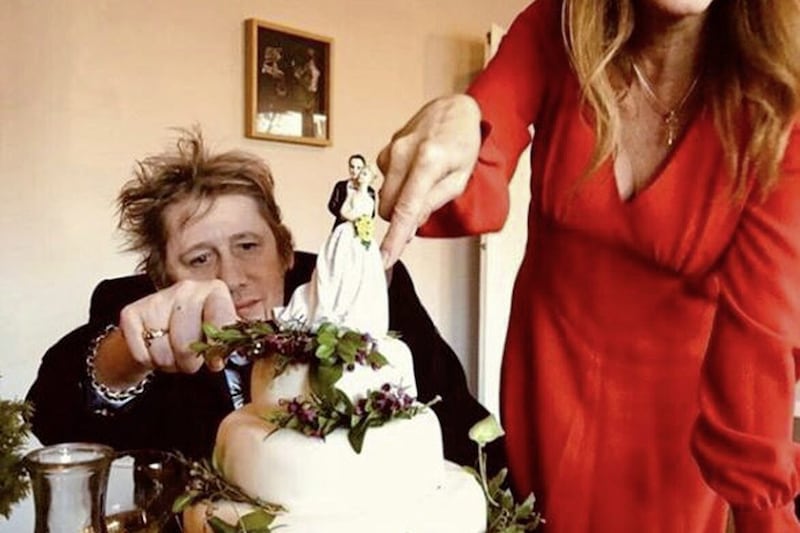The Archers, BBC Radio 4
Woman’s Hour, BBC Radio 4
Sunday with Miriam RTE Radio 1
I’m no dedicated Archers fan but sometimes it sneaks up and hooks you in.
The story of Alice and her alcohol addiction had me hanging about in a lay-by in Carryduff because I couldn’t bear to arrive home and abandon her, drowning her sorrows in a pub on the road to rehab.
Her father Brian was driving her to the drying out centre to help her turn her life around and be the mother that baby Martha needs.
But Alice couldn’t face it and lied that she needed a wee then skipped off at a garage along the way.
It took an hour for Brian to find her in the pub. It’s gripping.. tune in, find a lay-by, listen in. It’s a story line but for many it’s all too real.
From fiction to fact.
In the real world, on Sunday with Miriam, best selling author Louise O’Neill talked frankly about recovering from an eating disorder.
It was triggered when she was just 14 years old around the time that her uncle died suddenly.
With the shock, she lost weight and people started to comment and congratulate her on it, she said.
And so her struggle began. She lived with it for 17 years. She travelled to India and, on her return, her father was shocked by her appearance. He was afraid that she would not survive.
It sounded like she nearly didn’t. She spent months in hospital.
Counsellors are good, she said, but you need people who specialise in eating disorders, who know how it works.
It was a very rocky road but she has found the help and she is marking four years in recovery.
Now she wants specialist services for people with eating disorders to be set up outside of Dublin and properly funded.
That’s her mission.
Caitlin Moran is a funny woman whose novel, How To Be A Woman, was a huge hit 10 years ago.
Now she’s back with a new book, More than a Woman.
We don’t make being a grown woman look like a job you’d want to apply for, she told Emma Barnett on Woman’s Hour.
She talked about her daughter’s struggle with an eating disorder.
As someone who grew up in a family that didn’t “do” emotions – you made a joke and got on with it – she found herself trying to reason her daughter out of it, she got angry, she tried being sad.. in fact everything.
“What you need to do is to say what you see,” she said.
“Say; ‘I can see you are sad… I’m going to stay with you until you are better’. That took three years.”
An article about this which she wrote for the Times got the biggest response she has ever had, she said.
Even more replies than her story about going to a gay club with Lady Gaga, she said with a laugh.










